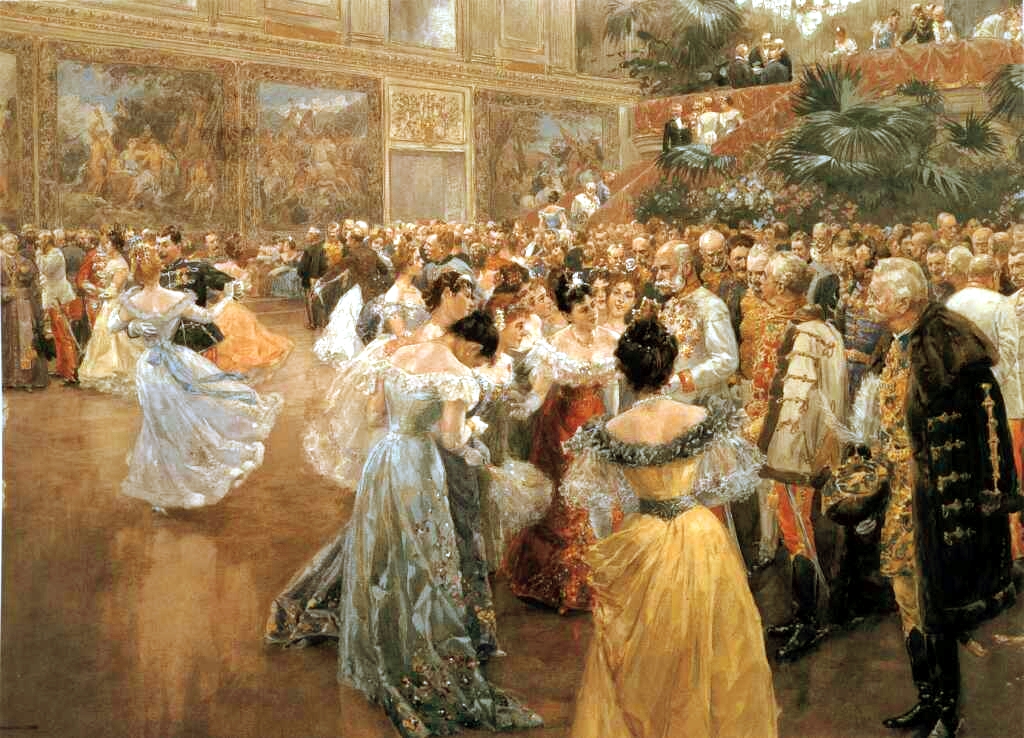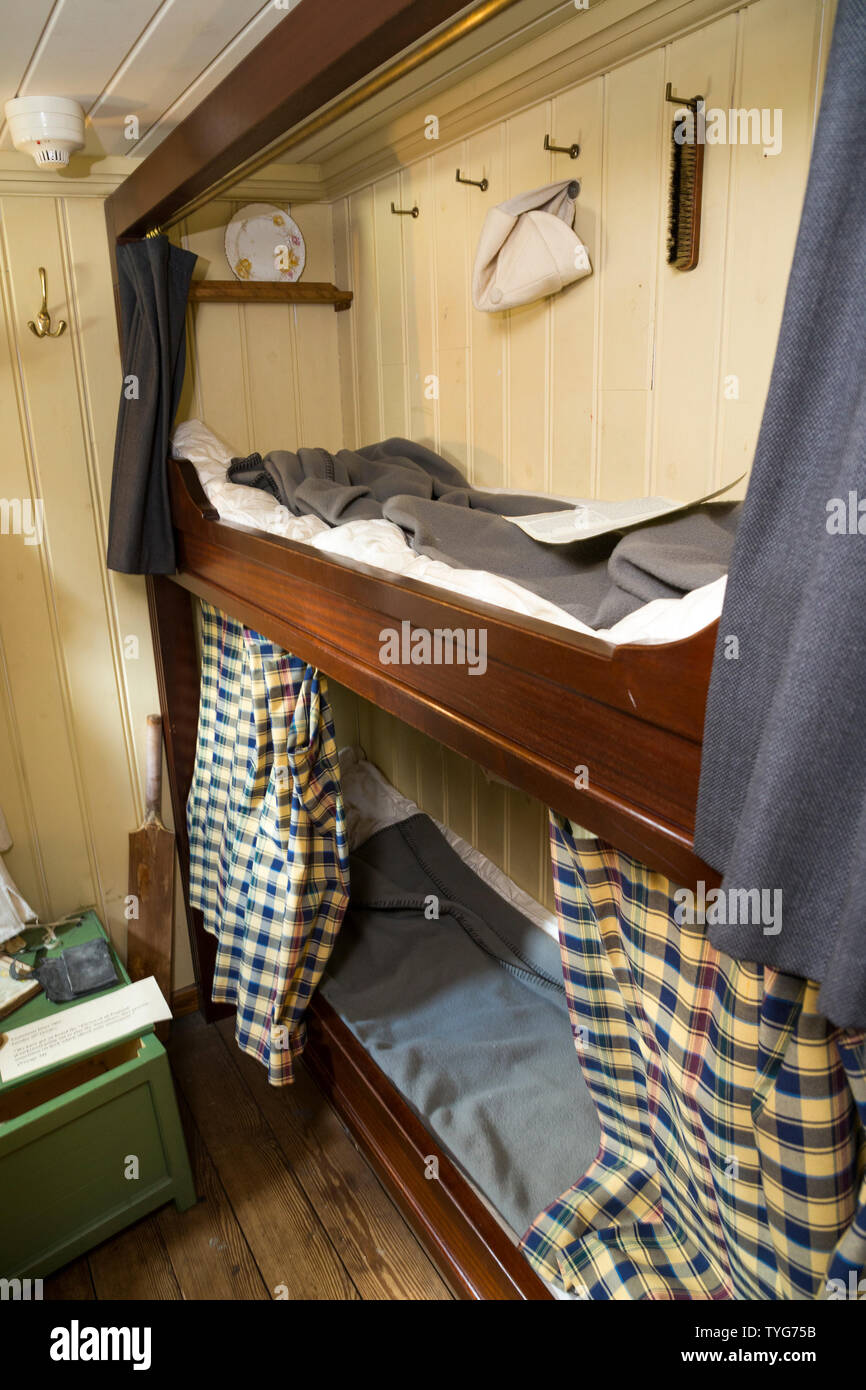Read the previous entry in the series here.
Read the next entry in the series here.
The next chapter, “Oracle,” begins with the Vivacia expressing her dislike of the situation as Wintrow lies upon her foredeck, recovering further from his earlier injuries and recalling the current state of affairs. He affirms the ship’s dislike of being moored at Others Island, with the Marietta not far off, and he comments regarding his ambivalence towards prophecy. The ship voices some recollection of the place, and they posit that Kennit’s earlier visits have entered her memory from his blood soaking into her wizardwood planking. They are further discussing the matter when interrupted by Etta summoning Wintrow to board a ship’s boat and go ashore.

Image from this page on Universal Monsters Universe, used for commentary.
As the ship’s boat makes for shore, Kennit observes Wintrow and muses over the disposition of his crew and followers, focusing on his provisions for Divvytown. Sorcor’s surprising depths and reaffirmed tie to the place receive attention, and, as they make landfall and Kennit orders those other than Wintrow and Etta to remain with the boat, he reflects on Wintrow’s similarities to his earlier self. The pirate realizes that the Others do not want him present, and he sends Wintrow ahead to collect an item, noting that he and Etta will be present for the revelation. After a brief hesitation, Wintrow obeys, and Kennit and Etta follow after, Kennit puzzling over why the charm at his wrist had insisted he bring her with him.
As Wintrow obeys Kennit, he muses over his earlier instructions and the events surrounding Divvytown and its reconstruction. As he presses on across the island, he comes across detritus that he rejects as unimportant before happening upon a treacherous path that leads him to a barred cave. A stunted serpent is constrained within it, and Wintrow finds himself examining its confines, looking for a way to free it, working against the stone that has been built up around it.
Etta and Kennit continue across the island, trailing him; neither can see him for a time, and Kennit grows impatient. He demands Etta help him hurry along, and she does. Meanwhile, Wintrow continues working against the serpent’s cage, making some progress as the tide begins to come up. The serpent surges against the incomplete opening, sharing the experience of pain with him, and he struggles to complete his work of opening the serpent’s enclosure. He frees the serpent, sustaining substantial injury in the process, and remains in mental communion with the serpent as she makes it to the water–“The Plenty”–and purposes to rejoin her kind.
Etta and Kennit are summoned by the screams of pain and proceed towards their source. The Others seek to interdict them, and the pair press on as rain begins to fall. Kennit and Etta reach the gravely injured Wintrow as the Others attack, and melee is joined. The serpent flees, as do Kennit, Etta, and Wintrow, who make for the Vivacia, scrambling aboard the ship’s boat. The crew begins to tend to Wintrow in awe as he drifts in his mind and worries about what the ship will learn from him. Kennit defies the storm, and the freed serpent pushes the ship’s boat swiftly towards the liveship; the Vivacia calls out to her kindred serpent, recognizing herself and her in the same moment. And in the aftermath, as Wintrow rests and begins to recover from the new exertions, Etta and Kennit realize that she is pregnant.
If “The Storm” is the climax of one narrative thread in the book, this chapter is for the pirates and serpents. If nothing else, the revelation of Etta’s pregnancy denotes a major change; becoming a parent certainly changed my life enough, and if Kennit purports to be a king, he has a decided interest in ensuring the continuation of his dynasty. That there is an apparent heir serves to secure his ambitions–at least to some degree; the perils of pregnancy, childbirth, and youth still wait, of course. More, Etta seems herself to undergo something of a transformation in the chapter, although there is some critique to be read into her reliance upon Kennit’s urging and Wintrow’s exigency to enact it; increasingly removed from academe as I am, I am not positioned to do the work myself, but I can see that it needs to be done. Too, a looked-for messianic figure (noted here and here, among others) has emerged, which seems pretty solidly climactic.
If there have been climaxes, though, and ones into which some lewd humor might be read, what Freytag calls falling action is soon to follow–and falling down is not always or even necessarily often a pleasant thing.
Your kind contribution to my ongoing efforts is greatly appreciated.









